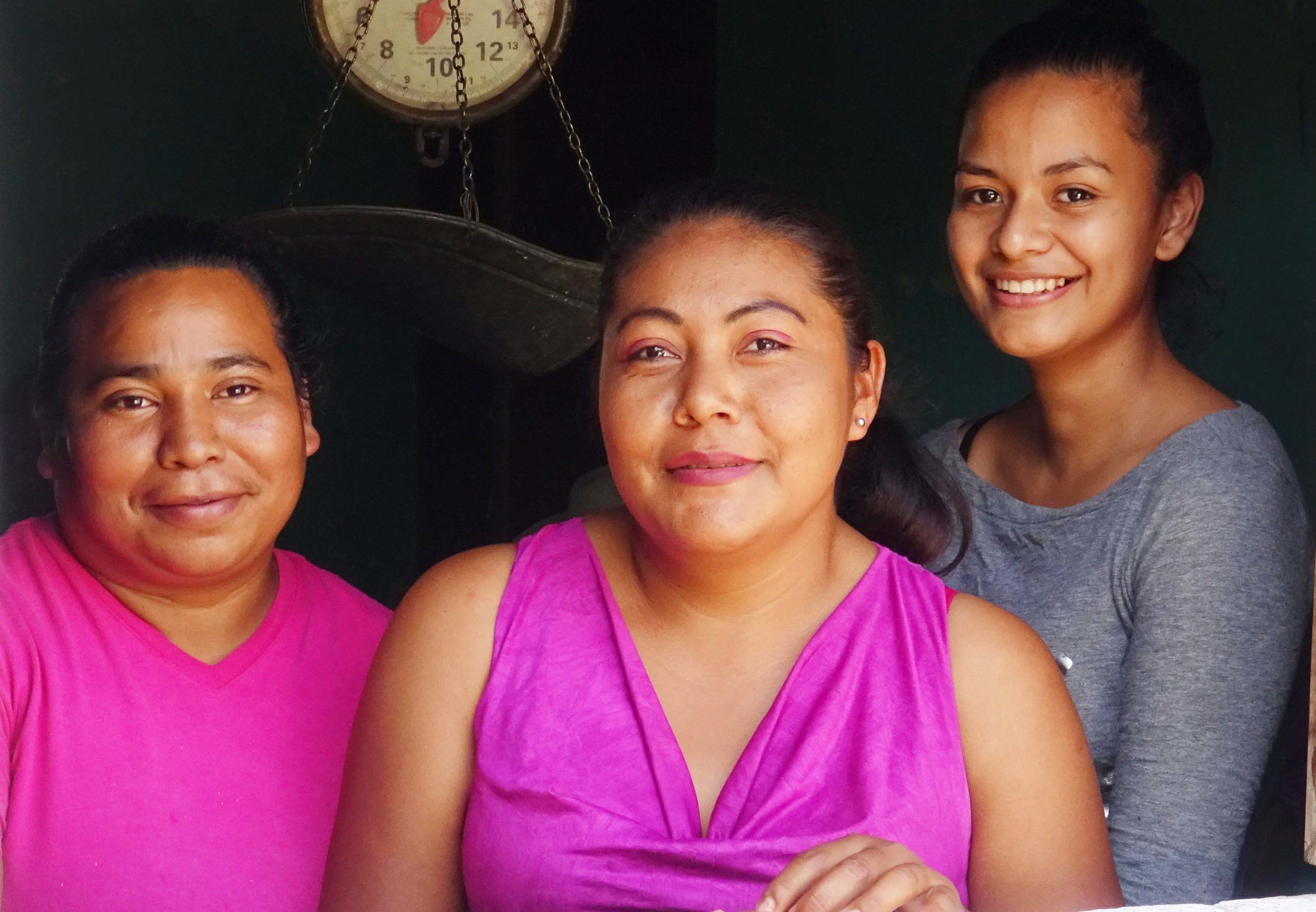Gender equity website provides a tool to ‘change minds and behaviours’ in Honduras
Story

Douglas Ortega understands well the ripple effects of “machismo” – the culture of male power and female subservience that permeates many Latin American societies.
He grew up in Colombia before immigrating to Canada in 2006, and in 2019-2020, he spent several months volunteering with Cuso International in Honduras. In many countries, he explains, machismo can become a destructive force that perpetuates a cycle of addictions, mental health issues, and violence against women.
“In Honduras, there are few employment resources, the economy has been impacted by the pandemic, there have been many natural disasters, and people are poorer … the violence against women is increasing,” says Douglas, who has a background in communications and marketing.
As a Cuso International volunteer, Douglas was happy to be part of a solution to the issue of gender inequity in Honduras, which affects many different areas of women’s lives. He supported a team working with the National Gender Observatory (Observatorio Nacional de Género, ONAG) to create an ONAG website that highlights the inequity between men and women through accurate and reliable national statistics and information. The website launched in November 2021.
“ONAG is the first official site to provide gender/women statistics,” says Karen Pavon, Cuso International Country Representative, Honduras. “Gendered information is important when designing projects, programs, and specific activities. Having this tool available to the public provides the opportunity to create better and more effective projects aimed to improve women’s living conditions in Honduras.”
The website highlights inequity gaps in areas such as education, health, and the labour market, and it will include statistics on gender-based violence, Karen explains. The information will make it easier to monitor compliance with national and international commitments on women’s rights and gender equity, and it will help to guide decision-making in the public and private sectors.
During his volunteer placement, Douglas worked on data collection, connecting with government departments such as the Ministry of Justice, to access accurate information. His placement was interrupted by the onset of the COVID-19 pandemic in 2020. Several months later, however, he was able to continue supporting the project online, as an e-volunteer.
“I am so happy to see that the project is finished. It is such a good tool for communication,” says Douglas. “I think education is the key to reaching a positive change. It is the way to change minds and behaviours.”
ONAG is an initiative promoted by the National Women’s Institute in Honduras, with technical and financial support from Cuso International, the United Nations Population Fund, and the United Nations Development Programme. The Observatory was created in response to the need for an interactive and updated tool to visualize inequity between women and men in a timely manner through accurate and concise national statistics and information.